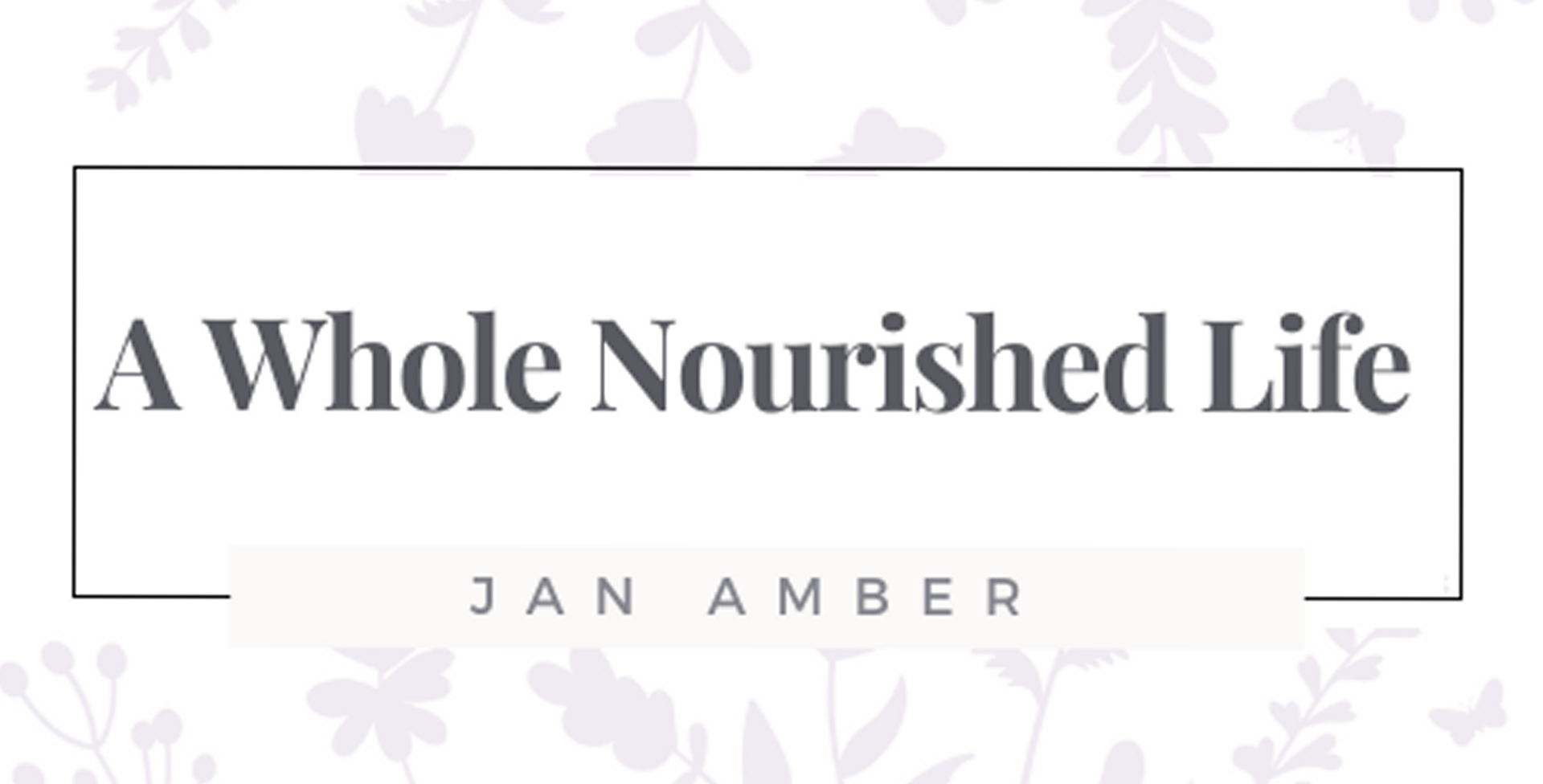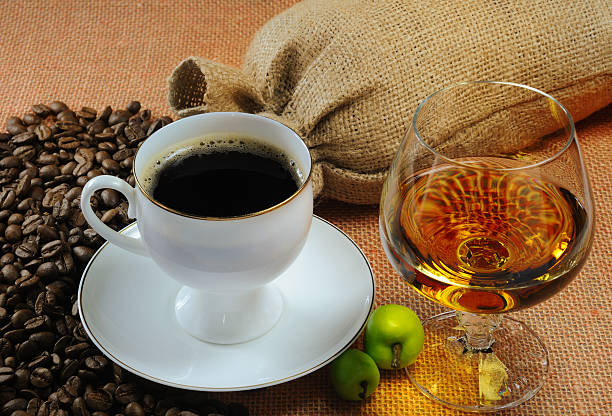Yes, I know, the title hurts, but keep reading to see what you can do to soften the blow.
I cannot count the number of times I have told clients to stay away from coffee and alcohol, and they do it anyway. This one seems to trip up many people.
They are addictive, so it is not surprising why these two are the hardest to quit, but both do stress the adrenal glands and can cause adrenal fatigue, which can be very difficult to overcome if you don’t have the right practitioners or information helping you get through it.
LET'S TALK ABOUT COFFEE

Coffee, especially Starbucks (which has one of the highest amounts of toxins in their products), carries large quantities of mold and heavy metals. Toxins deplete vital vitamins and minerals required for organ repair.
There are brands, like Lifeboost, that do not have mold or heavy metals that I usually recommend if quitting is too tough (if no adrenal issues are present) and needs to be weaned off of.
Coffee is also a stimulant that affects the adrenal glands, causing hormonal changes and burnout of many organs. Burnout is to be avoided because a chronically ill body is already in overdrive and needs every ounce of energy available to heal.
Coffee can be beneficial to health by offering some organ protection, but only if chronic illness is not present.
| I stopped drinking coffee in 2019.
Coffee kept me awake (or so I thought) during the difficult mornings of getting up at 5:30 a.m. to drive my child to school then have a full day ahead of me. I tried to quit coffee a few months before I became ill. I wanted to see if it was causing my severe anger and mood swings. It was. I went back to coffee a month after I quit, and the anger came right back with it. At the time, I didn’t know that an overwhelmed liver can cause extreme anger, due to too many toxins built up in the organ. Anger ruled my life for many years, and I am happy to say it does not anymore. Once I became very ill in 2019, I quickly stopped drinking coffee. The first week after I stopped drinking coffee was quite bad. For several days, I had severe headaches, was very sleepy, felt confused, and felt very constipated. It took me about 2 months to fully feel better. Now, 4 years later, I still feel great each morning after I get up. Rarely will I wake up feeling sleepy after I've stayed up late, but when I do, I will drink a Navitas camu camu shake and it will wake me right up. The most noticeable difference I have seen since giving up coffee is that I no longer get that deep, achy tiredness I used to have each day. I do occasionally drink a cup of decaf, mold-free coffee from Lifeboost when I make some delicious grain-free bread. |
HOW TO GET OFF OF COFFEE
- replace your current brand of coffee with a mold-heavy metal free version
- drink less each day and slowly start to replace it with teas or organic
- drink high-quality vitamin C shakes (like Navitas) to wake you up
- make sure you start hydrating well and sleeping enough (a general rule is that men should sleep 7-8 hours a night and women should get 8-10 hours of rest)
LET'S TALK ABOUT ALCOHOL

Alcohol affects the body very poorly when it is in a healing stage.
|
When it came to alcohol, that was much harder for me to give up than coffee, not because I loved beer and wine but because drinking it was part of my ritual with my husband. We would find new breweries, drink together, and talk about life. We would watch "Hot Ones" and drink while eating our wings. It was a fun, adventurous time for us. When that lifestyle was taken away, it devastated me for a while, not to mention it devastated my husband. It was one of the only things we had in common. We are very opposite from each other (in personality and thought processes), so I mourned the loss of a 13 year lifestyle and the closeness it brought to my marriage. As I look back, it wasn’t the alcohol I loved; it was the ability it gave me to act like "me" and the confidence it provided me in any setting that attracted me to it. It gave me the confidence I lacked, which I felt I needed to be a good wife, mother, and friend. When I drank, I saw myself as a version of me that was very sure of my ambitions, words, actions, and convictions, so I felt I needed it to survive my days, secretly helping me hide from the multitudes of traumas that I carried. I now feel like my true self after years of hard work because I let go of the broken, insecure, and perfectionist that I was. While doing so, I gained strength and confidence I never knew I had—the same confidence I chased with a glass of alcohol. I didn’t know all I had to do was let go of the alcohol and truly look at what I wanted for myself in order to feel confident in who I was. A valuable lesson I had to learn. |
THE TRUTH ABOUT WINE
Some studies show that red wine, which is high in resveratrol (a potent antioxidant), is healthy because it clears toxins out. What they fail to mention is that alcohol itself has heavy metals, which are very toxic and hard to clear out.
Since resveratrol is a very strong detoxer, it hits the body quite hard. When a person has a chronic illness, detoxing too quickly can be dangerous. Drinking wine will do 2 things simultaneously: it produces a high amount of heavy metals and detoxes harshly at the same time. This is a recipe for disaster, especially if detox pathways are closed-a double whammy of toxins will recirculate, leading to amplified symptoms.
THE TRUTH ABOUT BEER
Beer, for example, is made of yeast, which elevates Candida levels. Candida can become out of control and cause horrible symptoms like itchiness, hives, rashes, anxiety, and extreme symptoms like heart and organ problems. Once Candida overruns the body, hyphae form and start to move out into the organs, causing tissue damage and potentially leading to blood infections.
If you absolutely love alcohol and feel you can’t live without it, start by drinking less and replacing it with similar-tasting beverages. Try naturally flavored carbonated drinks, ciders, or organic mocktails. It may not taste the same or provide the same satisfaction, but remember this is only a season of your life, and once you are well again, you may make any decisions you choose about what to put back into your body.
WRAPPING IT ALL UP
Coffee, beer, wine, and hard liquor are also loaded with heavy metals. Heavy metals are notorious for causing the most severe cancers and diseases, as well as extending illness.
No type of alcohol is safe to drink and can severely impair the healing process during illness or eventually lead someone to severe complications. A person going through chronic illness needs as much help as possible to clear out toxins for repair; alcohol only stresses the body further.

